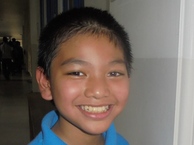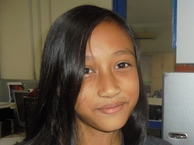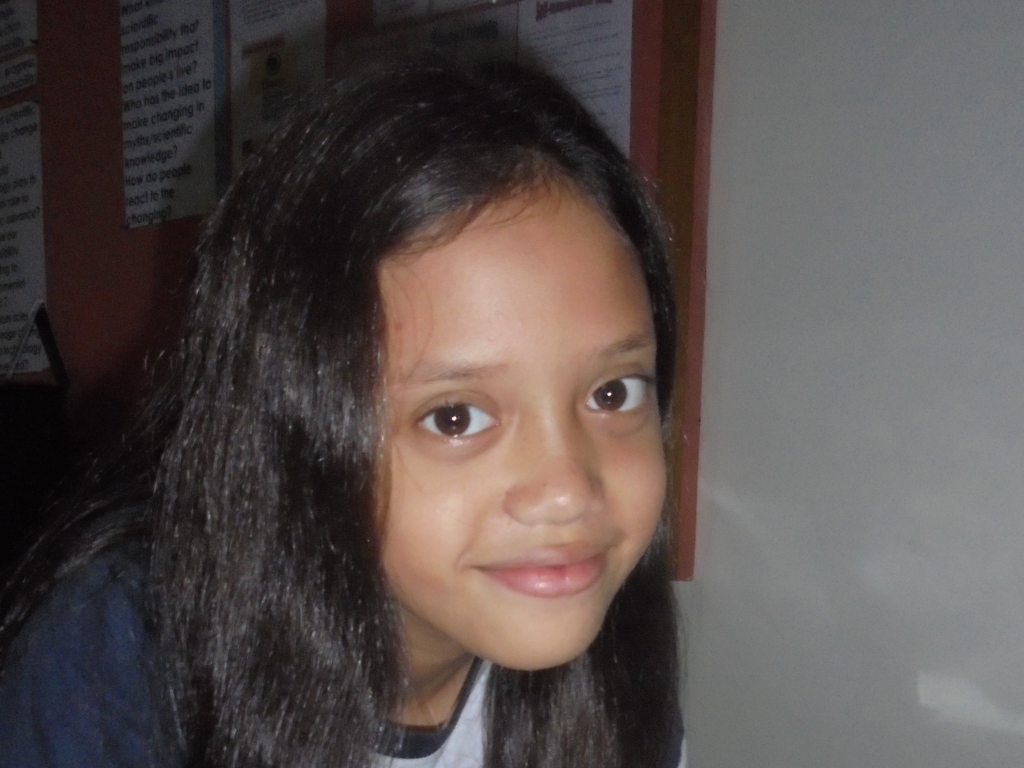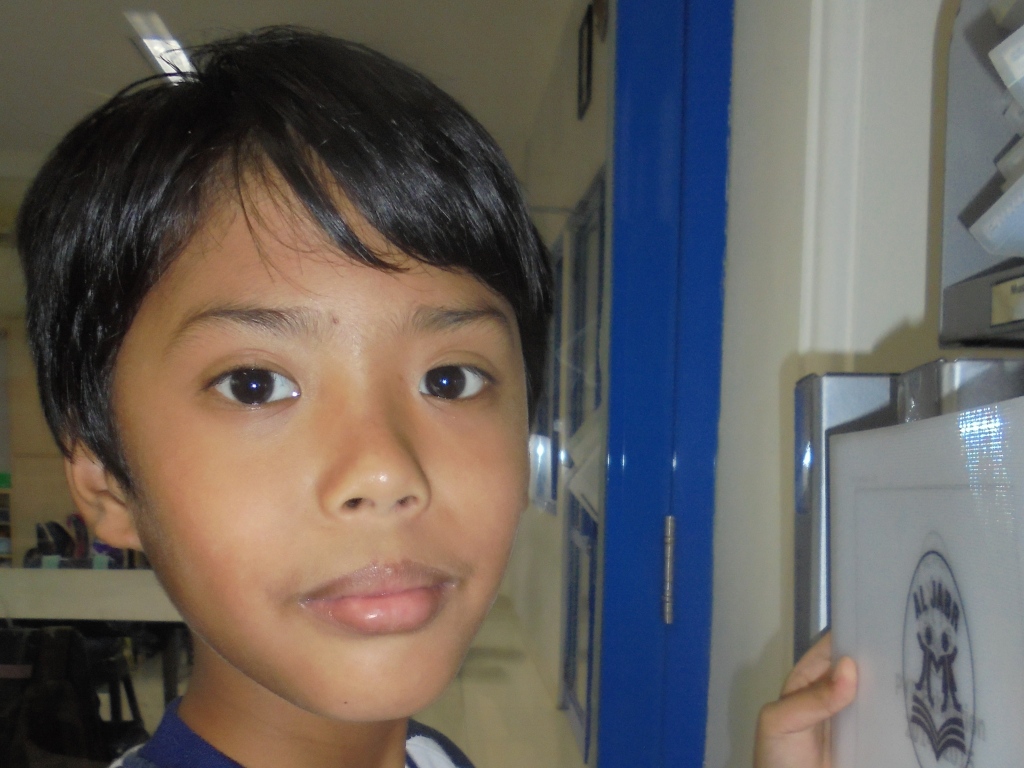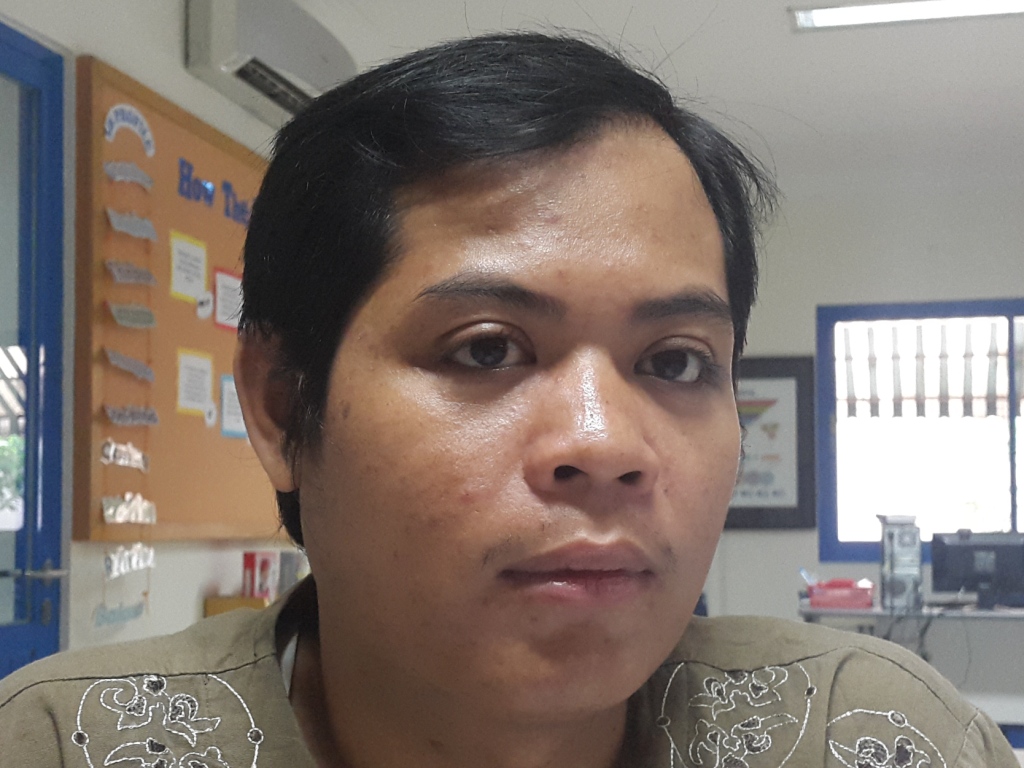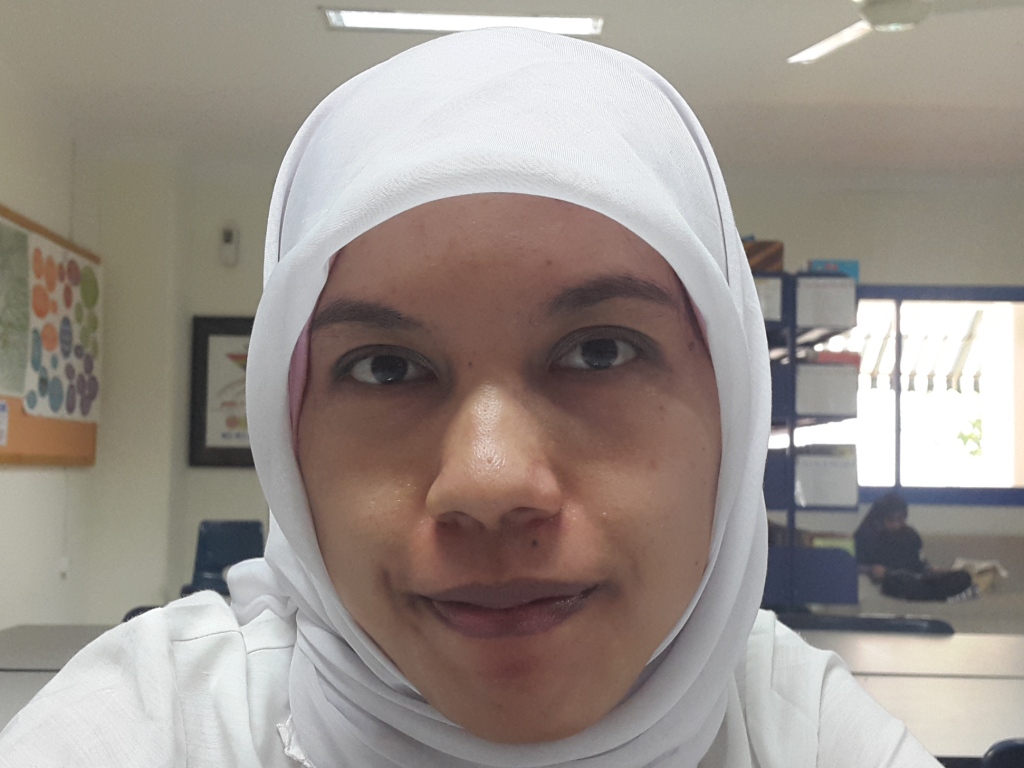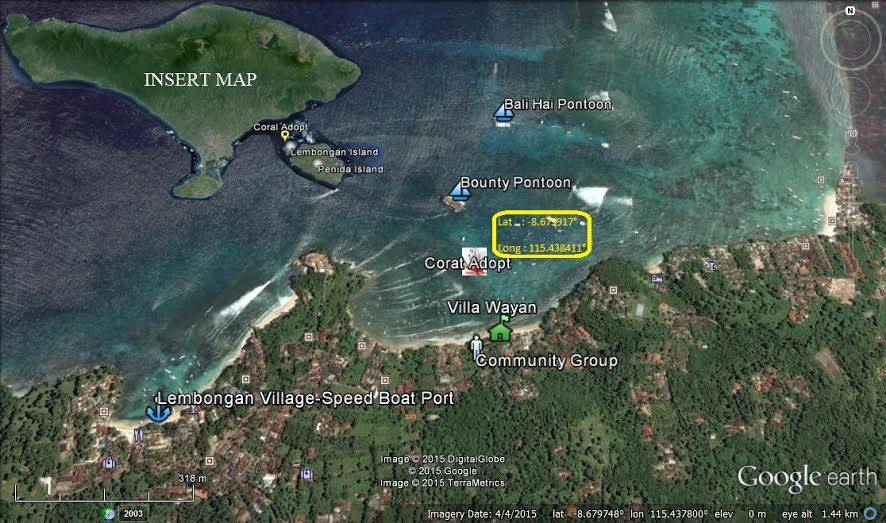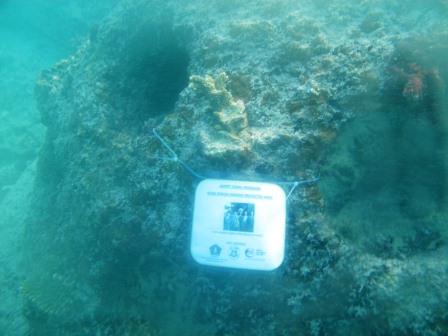Marine Ecosystem
The Students |
The Mentors |
|
The Exhibition Inquiry Cycle
Tuning In
|
The students started their exhibition project by establishing their roles, their parents' roles, and their mentor's roles. After making a group essential agreement, they set off to do general research on their topic: the marine ecosystem. They had already done a "Wondering and Musing" about their central idea (which can be viewed in the journals above), but they had to focus specifically on their topic. They developed ongoing questions to sustain their research and coordinated with the mentors through weekly meetings. At this stage, we will finish step 6 in our exhibition journals.
|
|
Finding Out
|
The students still hadn't decided on a specific focus within the marine ecosystem, so it was decided a field trip to Kementrian Kelautan dan Perikanan to meet some of the minister's representatives would be beneficial to the students. The students were accompanied by Ms. Kia and some of the students' parents. They came back from the excursion with a renewed sense of what it takes to maintain balance within the marine ecosystem. They also came back with many materials given to them from the ministry about Indonesia's marine ecosystem.
|
|
Sorting Out
|
After the field trip to Kementrian Kelautan dan Perikanan, the students went through the information they received thus far, and they decided to narrow their focus from marine ecosystems to coral reef conservation and management. Now that they have chosen to focus on coral reefs, they must continue to do research, plan another excursion, and survey people to define the issues surrounding this particular type of marine ecosystem.
|
|
Going Further
|
The students went on a trip to the Indonesian Coral Reef Foundation (TERANGI) in Depok. They met with Mr. Mikael, a coral expert, and he talked to them about coral conservation and how their foundation is working towards a better ocean. The children asked many questions, and they also got to see and hold some coral in the display unit at the foundation. Here are some things the children said about the trip:
"I learned so much interesting information about coral reefs and things that happen in the sea." -Ibam "I got so much knowledge and information from from Rumah Terumbu Karang Indonesia." -Mutia |
|
Conclusion
|
After visiting the Indonesian Coral Reef Foundation, it was time to reflect upon the knowledge they built up through research and excursions. From this reflection, they have to decide how to take action. When deciding the action, we have to develop objectives and goals.
After much conversation, we decided that we would have two objectives:
The children decided that the venue of their campaign with be in two locations within Ancol: at the Dermaga Marina and at Ecopark. |
|
Taking Action
|
After the educational campaigns at Dermaga Marina and Ecopark and their KitaBisa.com crowdfunding campaign, the students raised a total of IDR 3,500,000. The students decided to adopt one coral unit, which contains 34 fragments of coral, through the Coral Triangle Center. The coral will be planted at Celagimpak Beach on Lembongan Island.
UPDATE: The coral has been planted off of Celagimpak Beach. The coral unit even has a picture and the names of the students involved with the project. |

